46+ SAMPLE Construction Schedules
-
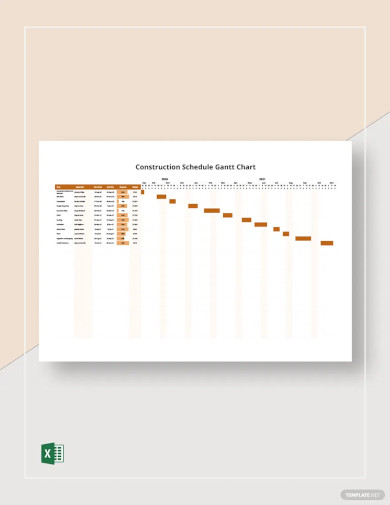
Construction Schedule Gantt Chart Template
download now -
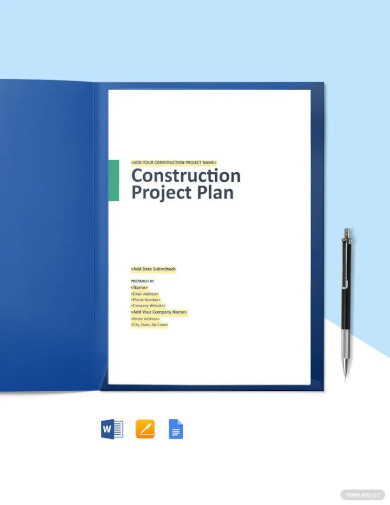
Construction Schedule Management Plan Template
download now -
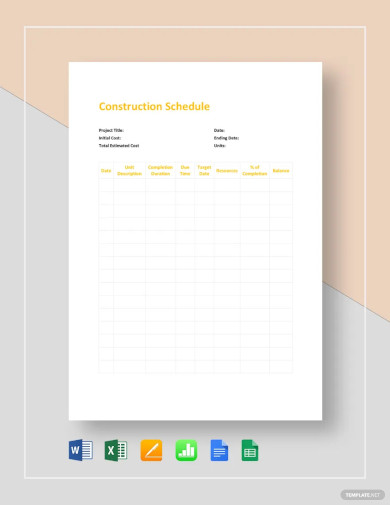
Construction Schedule Template
download now -
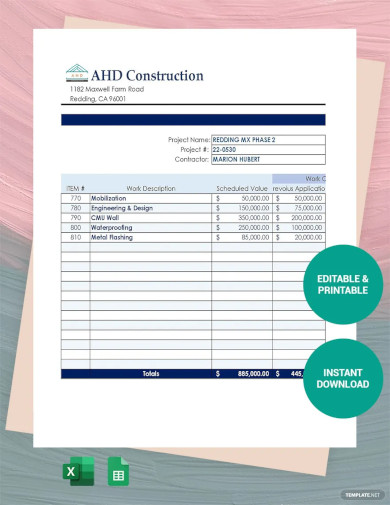
Construction Schedule Of Values Template
download now -
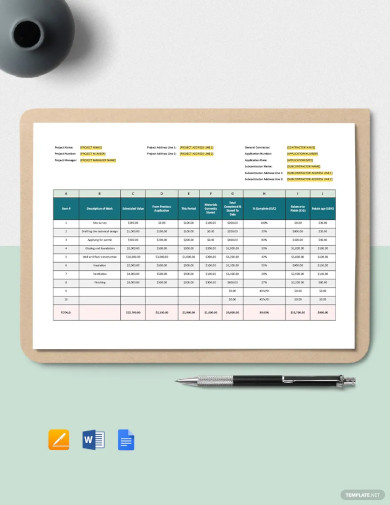
Small Construction Schedule of Values Template
download now -

Printable Construction Schedule Template
download now -
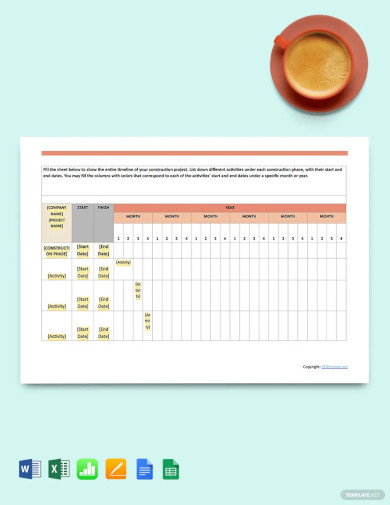
Simple Construction Schedule Template
download now -
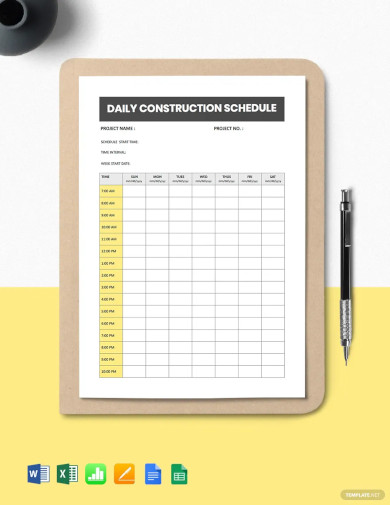
Daily Construction Schedule Template
download now -
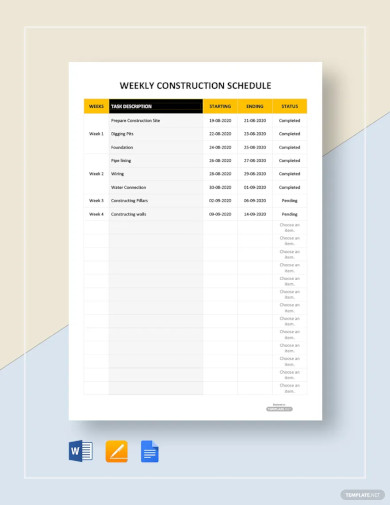
Weekly Construction Schedule Template
download now -
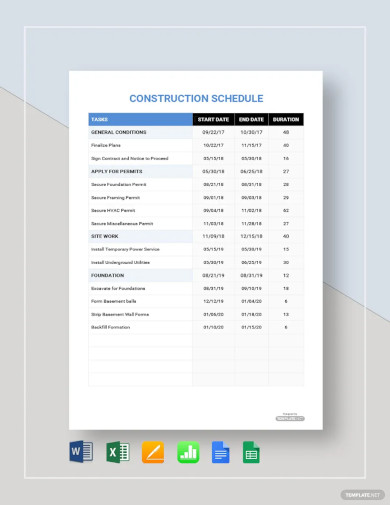
Sample Construction Schedule Template
download now -
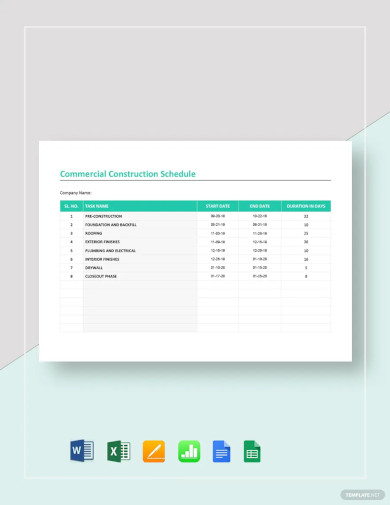
Commercial Construction Schedule Template
download now -
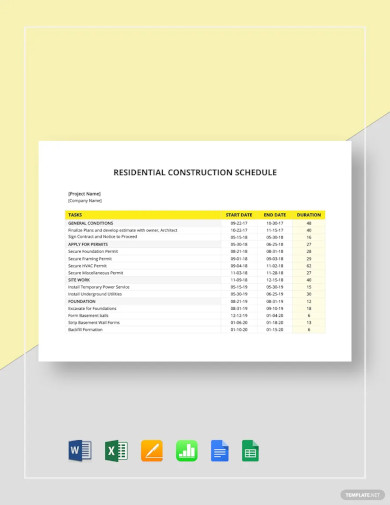
Residential Construction Schedule Template
download now -
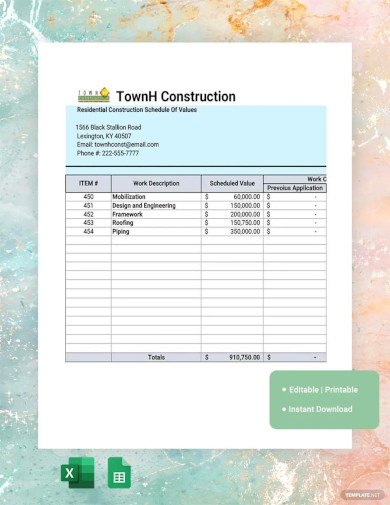
Residential Construction Schedule Of Values Template
download now -
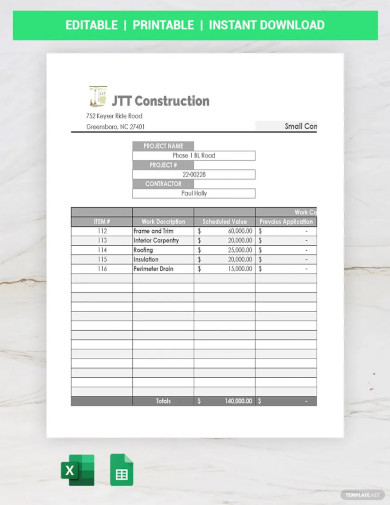
Small Construction Schedule Of Values Templates
download now -
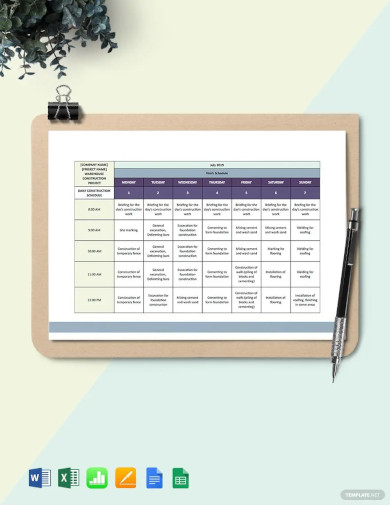
Commercial Daily Construction Schedule Template
download now -

Weekly Residential Construction Schedule Template
download now -
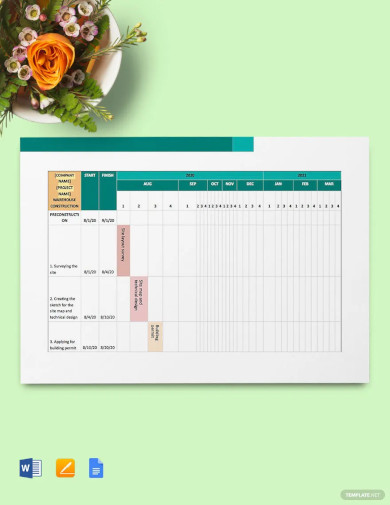
Construction Activity Schedule Template
download now -
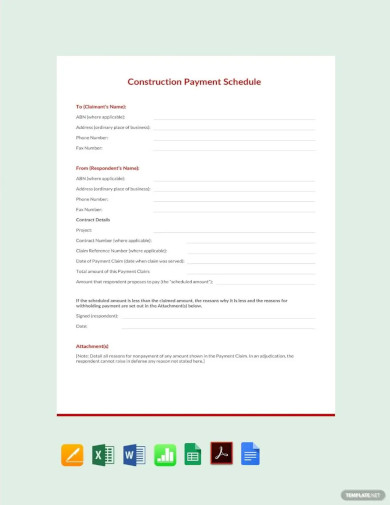
Construction Payment Schedule Template
download now -
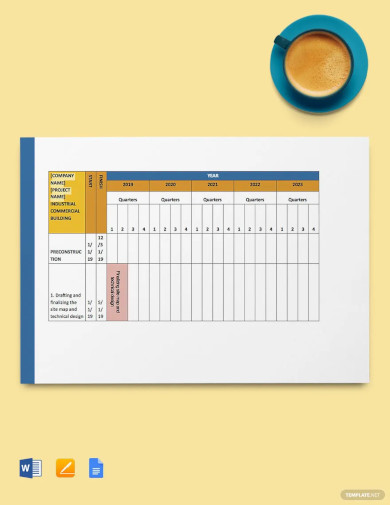
Construction Annual Schedule Template
download now -
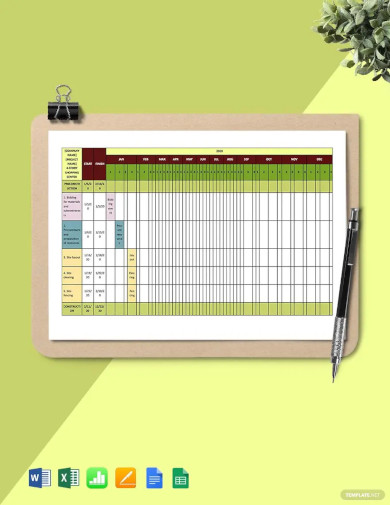
Construction Job Schedule Template
download now -
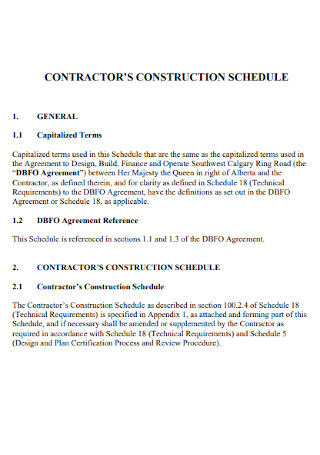
Contractor Residential Construction Schedule
download now -
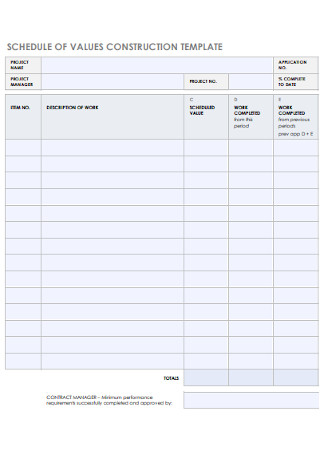
Schedule of Gantt Values Construction
download now -
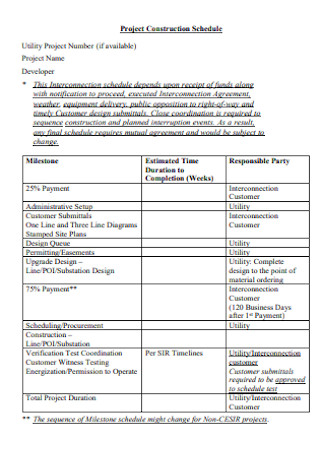
Building Construction Schedule Format
download now -
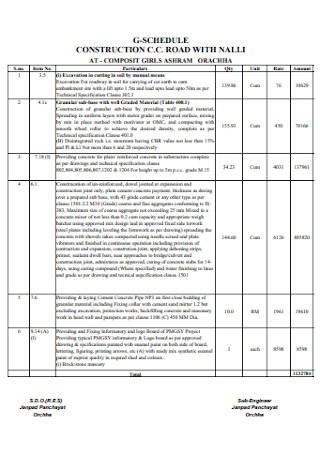
Road Project Management Construction Schedule
download now -
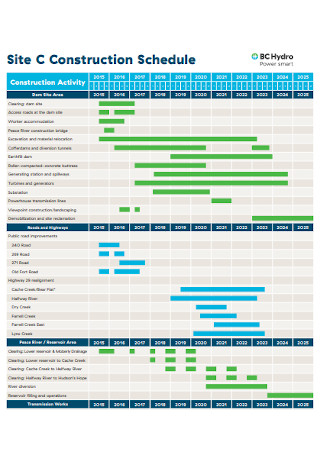
Work Site Construction Schedule
download now -
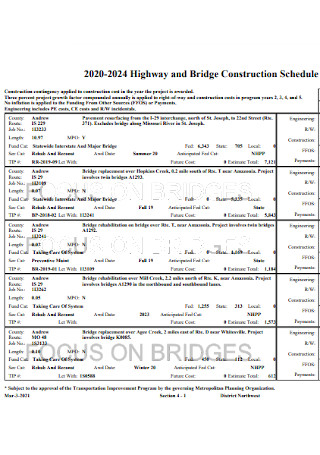
House Bridge Construction Schedule
download now -
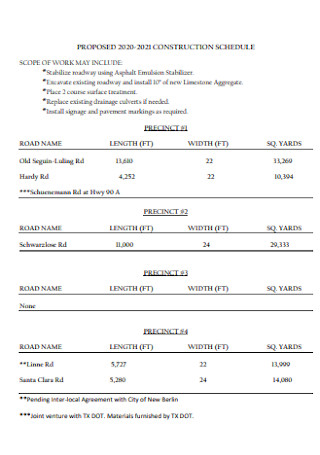
Formal Design Construction Schedule
download now -
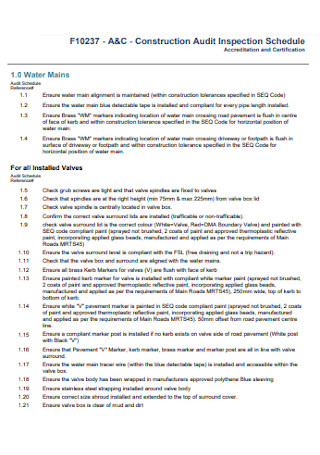
Construction Critical Path Inspection Schedule
download now -
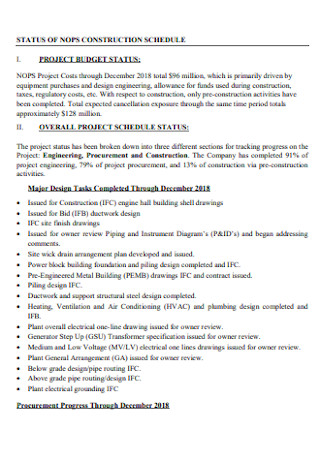
Commercial Building Status of Construction Schedule
download now -
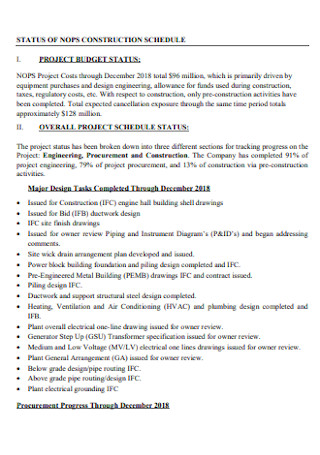
Apartment Building Construction Schedule
download now -
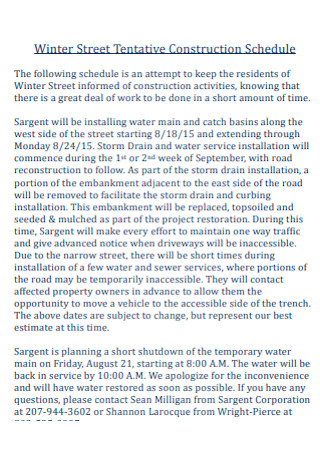
Street Warehouse Construction Schedule
download now -
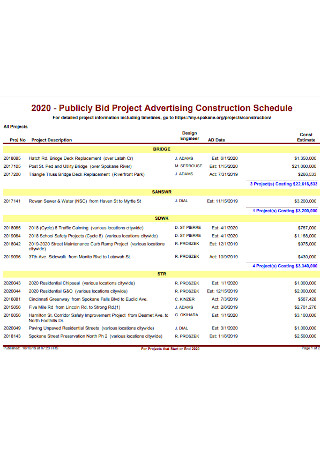
Project Primavera Advertising Construction Schedule
download now -
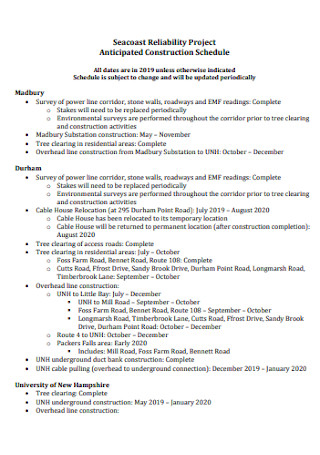
Anticipated Detailed Construction Schedule
download now -
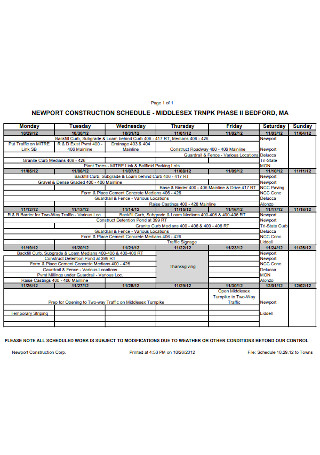
Newport Concrete Construction Schedule
download now -
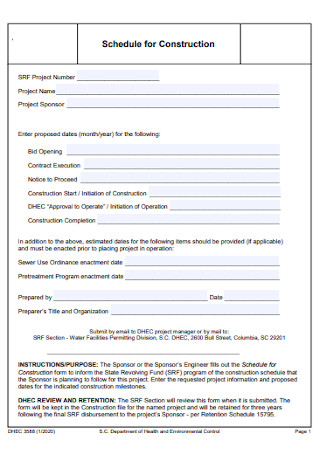
School Schedule for Construction Format
download now -
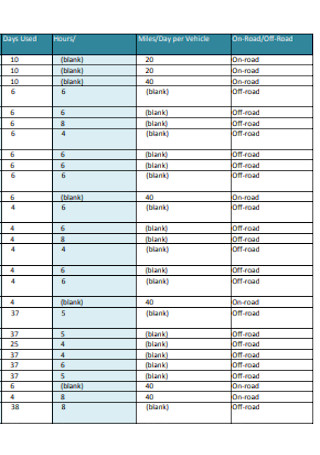
Mechanical Construction Schedule and Equipment Lists
download now -
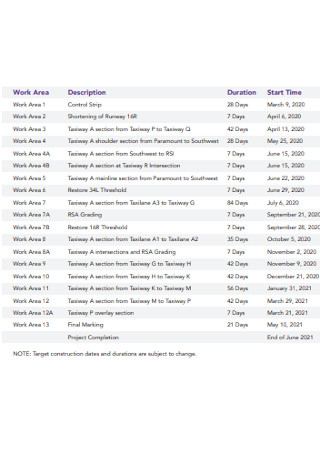
Completion Construction Schedule
download now -
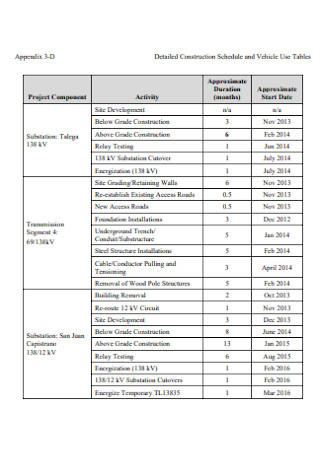
Construction Schedule Summary and Vehicle
download now -
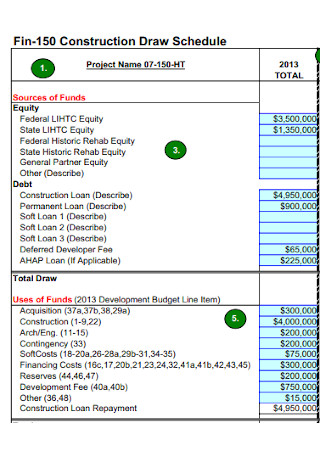
Master Construction Draw Schedule
download now -
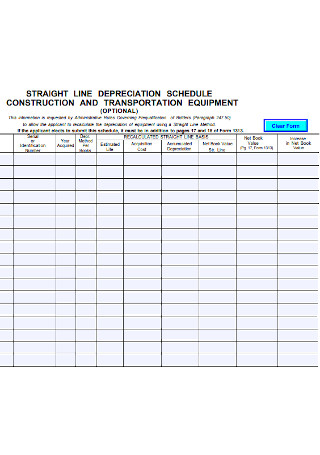
Construction Remodel Depreciation Schedule
download now -
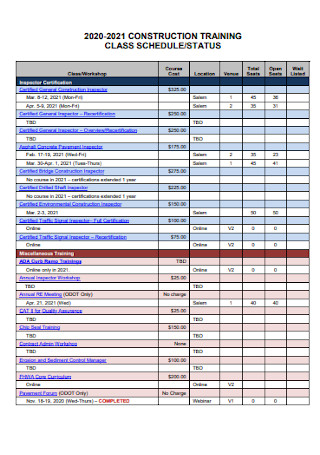
Construction Training Class Schedule
download now -
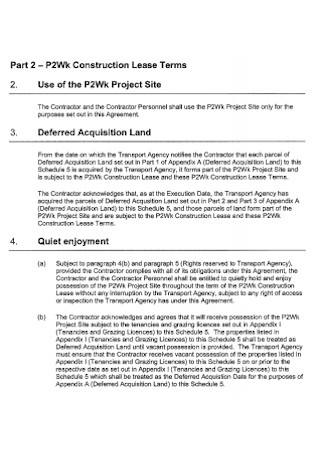
Construction Lease Property Schedule
download now -
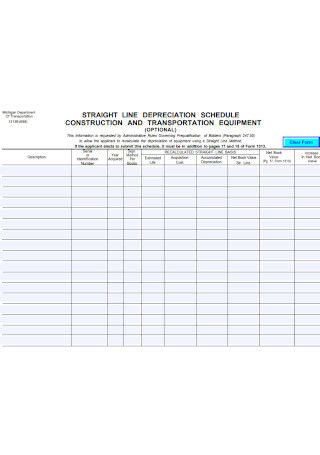
Sample Construction Depreciation Schedule
download now -
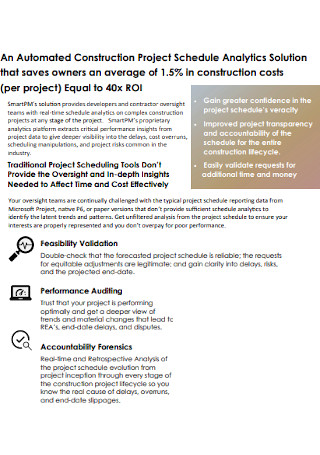
Construction Project Schedule
download now -
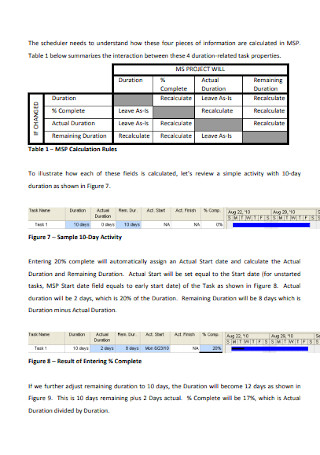
Project for Construction Schedule
download now -
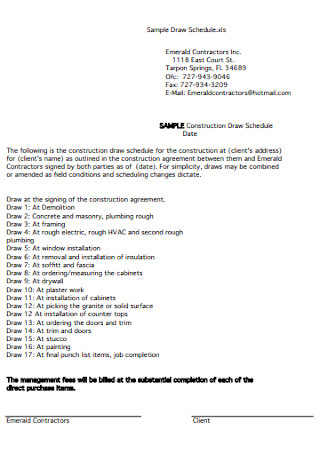
Sample Construction Draw Schedule
download now -
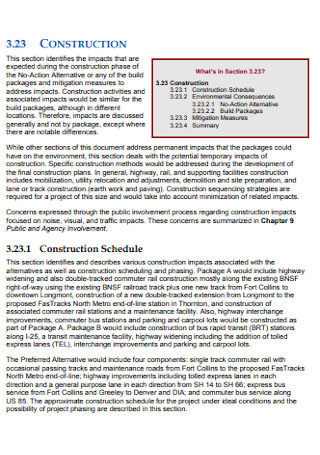
Standard Construction Schedule
download now
FREE Construction Schedule s to Download
46+ SAMPLE Construction Schedules
What Is a Construction Schedule?
What Are Included in the Construction Schedule?
How to Make a Construction Schedule?
FAQs
What Is the Purpose of a Construction Schedule?
What Are the Five Stages of Construction?
What Happens during the Construction Phase?
What Is a Construction Schedule?
A construction schedule is the list of steps and activities that are needed to be carried out in order to complete a project, as well as the timeframe for those activities. A good construction manager will require one as it shows the direction of a project. In the bidding process phase a schedule needs to be shown for the engineers or clients to know if a project is plausible to be completed on time.
According to a price survey response in 2006, the 2 main reasons that may cause a project to fail is poor project management plans and late understanding of risks.
What Are Included in the Construction Schedule?
The making of a construction schedule is not limited to the engineers. In some cases, the construction schedule may come from the client.
How to Make a Construction Schedule?
Construction schedule templates are available for you here, to speed up the process of creating one. Even with the use of that you will need to know every detail about your construction project to start. Here are the steps and list of what you need to take note of:
Step 1: Gathering of Information:
First and foremost, you need to know the requirements and the people involved in the project. Knowing what kind of construction project it would be is very essential. With that in mind you would know as to who your workers will be, the kind of materials to be bought and size of equipment to be used.
Step 2: Gathering and Organizing Tasks:
Following the gathering of information, know the tasks that needs to be done in order to complete the project. Before you set up a timeframe for the project you need to break down each tasks and individuals. It is important to break down the larger tasks into smaller pieces in order to have accurate schedules.
Step 3: Setting of Deadlines:
This part of the project planning is tricky, as there will be unexpected factors. Sick leaves, holidays, and weather conditions may force you to adjust your schedule. In addition, some non related tasks may also hinder your schedule, for example a delay in acquiring and delivering materials. You need to be lenient with this one and consider your workers. Be honest with yourself and set enough time for a task to be completed.
Step 4: Allocating and Executing:
Knowing your employees is a crucial part of allocation. Understanding the skills and experience they have will play a pivotal role in the execution. Allocate employees to each team leader for maximum efficiency. By knowing the schedule and deadlines of each tasks you will be able to assign each team to their respective assignment accurately.
Step 5: Evaluating the Construction Schedule:
This is important because there will be unforeseen circumstances in the project. You need to update the schedule every time in each of the phases in order to keep in line with your smart goal.
FAQs
What Is the Purpose of a Construction Schedule?
To put it simply, the main purpose of the construction schedule is to easily identify the requirements, record the data and manage the workload.
What Are the Five Stages of Construction?
The five phases of construction are initiating, planning, implementing, monitoring and closing.
What Happens during the Construction Phase?
During this phase, you will be acquiring labor and materials. As well as, finalize the construction budget for the whole project.
For a project to be successful, a construction schedule is needed. Here the goals and directions should be specified. With this you can anticipate unfavorable scenarios and prevent them. Having a proper schedule can increase operational efficiency. With the proper planning, you can deliver high-quality projects and keep them on time and on budget.
